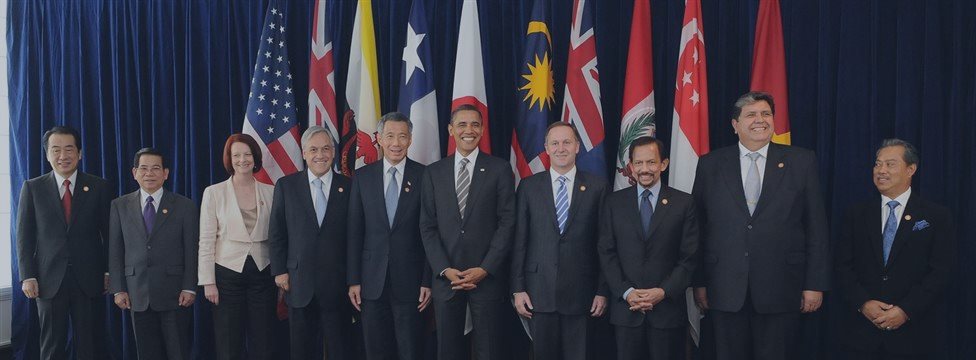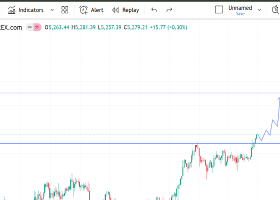
The long-anticipated text of a U.S.-backed Pacific trade pact was released earlier Thursday, revealing the details of a deal aimed at freeing up commerce in 40 percent of the global economy. It had long been criticized for its obscurity.
The text runs to 30 chapters and hundreds of pages. It is mind-blowing in its detail, laying out plans for the handling of trade in everything from zinc dust to tooth brushes and fresh fish.
Negotiators agreed to promote environmental sustainability, respect the rights and needs of indigenous peoples, and temper protections for drug patents with safeguards for public health and access to medicines.
The paper also emphasizes the intention of the trading bloc to abide by earlier commitments made under the World Trade Organization and some other international treaties.
However, as news agency Reuters reported, the agreement does not include measures required by some U.S. lawmakers to punish currency manipulation with trade sanctions or establish monopoly periods for next-generation biologic drugs at 12 years. U.S. lawmakers also questioned if the deal will help U.S. exports and create jobs or just expose more American workers to low-wage competition, giving multinational corporations excessive power.
The fine print will be important. Details on local content thresholds for the auto industry are sketchy, for example, and U.S. footwear importers are waiting to see how long duties will stay, Reuters says.
Winners & Losers
The TPP would be beneficial for factory and export economies like Malaysia and Vietnam. Anticipated tariff perks are already attracting record foreign investment into Vietnamese manufacturing. Both countries are expected to see higher demand for their key exports, from palm oil and rubber to electronics, seafood and textiles.
However, this could put some of Asia's major developing economies (like Philippines and Indonesia which have recently expressed willingness in signing up) under pressure. Thailand said it was studying the deal and may consider joining.
Japan has promised to lower trade barriers on imported French fries and butter - scarce products in the Asian market. Malaysia will lift tariffs on all imported alcohol for the first time in a trade pact.
Other firsts cited by the partners - Australia, Brunei, Canada, Chile, Japan, Malaysia, Mexico, New Zealand, Peru, Singapore, the United States and Vietnam - include the first commitments to discourage imports of goods produced by forced labor and to adopt laws on acceptable working conditions, and the first prohibition on harmful fisheries subsidies.
Australia's news agency ABC writes that the pact is set to eliminate more than 98 percent of tariffs for Australian exporters among the nations involved in the deal. It will also give companies the right to sue the Australian Government for decisions that damage their investments.
After more than five years under work, the agreement was announced a month ago after intense talks in Atlanta broke a deadlock over trade in dairy products, pharmaceuticals and autos.
Countering China
If ratified, it will be U.S. president Barack Obama's legacy-defining policy directed at opposing China's rising economic and political influence.
China's answer was its own Regional Comprehensive Economic Partnership (RCEP), a proposed 16-nation free-trade area, which would include India. It would be the world's biggest such bloc, encompassing 3.4 billion people.


